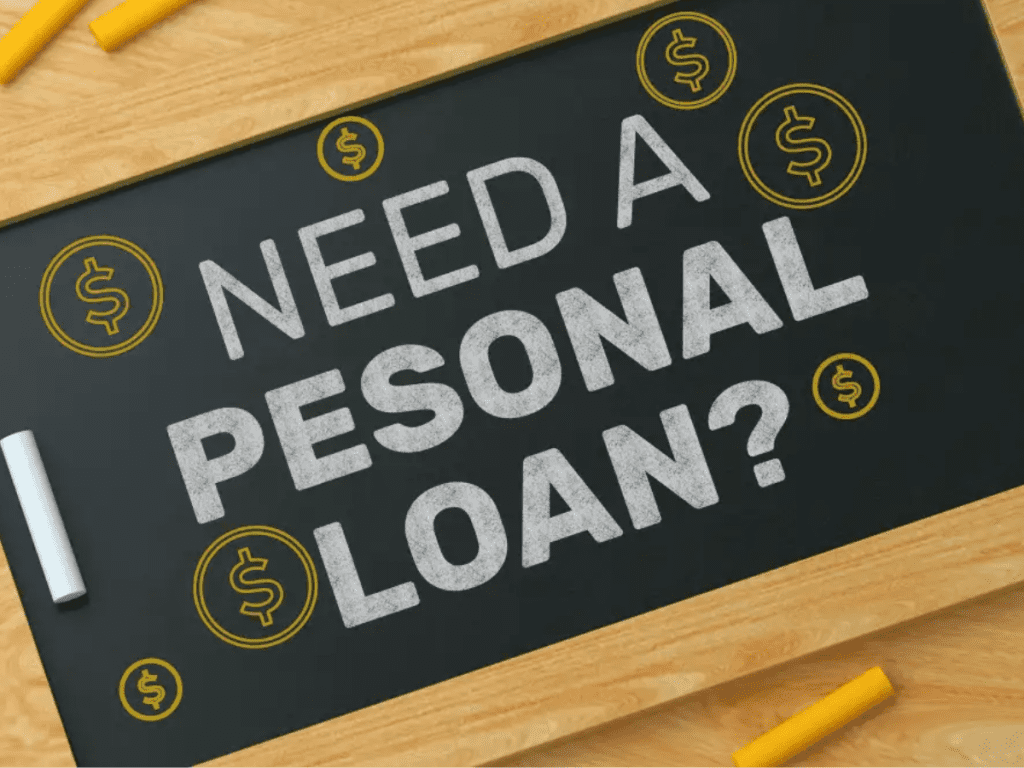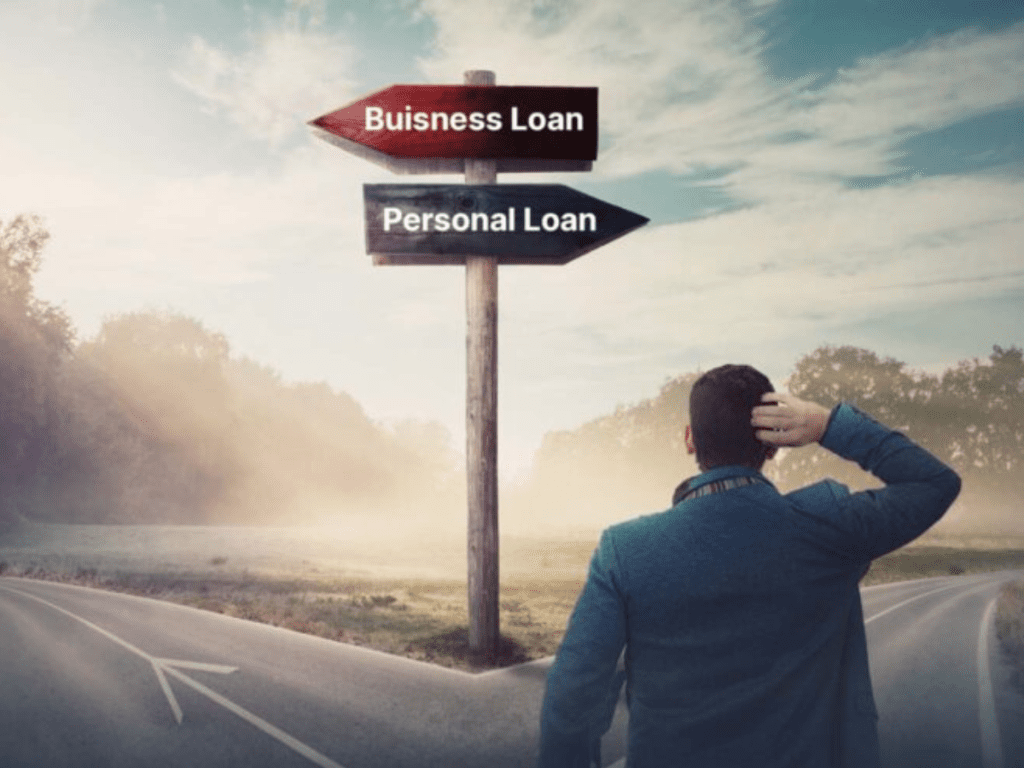Introduction
When faced with financial decisions, especially in times of need, choosing between personal loans and credit cards can be a bit overwhelming. Both of these options offer accessible credit, but they come with distinct features, benefits, and drawbacks. Understanding the differences between personal loans and credit cards can help you make an informed decision based on your financial situation and goals.
In this article, we’ll explore the key aspects of personal loans and credit cards to help you determine which is the better option for you. We’ll compare the two options in terms of interest rates, repayment terms, flexibility, eligibility requirements, and more. Ultimately, the goal is to give you the necessary information to choose the right financial tool for your specific needs.
What is a Personal Loan?
A personal loan is an installment loan that provides you with a lump sum of money, which you agree to repay over a set period. Personal loans are usually unsecured, meaning you don’t need to provide any collateral, but there are also secured personal loans available. The amount you borrow, the interest rate, and the repayment period are typically fixed at the time of the loan agreement.
Personal loans are typically used for significant, one-time expenses like medical bills, home improvements, consolidating credit card debt, or funding a large purchase. The loan terms and interest rates are generally more predictable, as they are agreed upon upfront.
What is a Credit Card?
A credit card, on the other hand, is a revolving line of credit that allows you to borrow money up to a specified credit limit. Unlike personal loans, credit cards offer more flexibility because you can borrow as much or as little as you need, as long as you stay within your credit limit. You are required to make a minimum payment each month, but you can carry a balance from month to month, as long as you make the minimum payment.
Credit cards are widely used for everyday expenses, including groceries, gas, travel, and entertainment. Some credit cards also offer rewards programs, such as cashback, travel points, or other incentives for using the card. However, credit cards typically come with higher interest rates compared to personal loans, making it crucial to pay off the balance promptly.
Key Differences Between Personal Loans and Credit Cards
Now that we’ve outlined the basics of both personal loans and credit cards, let’s compare them across several key factors to help you decide which one suits your needs.
1. Interest Rates
One of the most significant differences between personal loans and credit cards is the interest rates. Personal loans typically have lower interest rates compared to credit cards. This is especially true for those with good or excellent credit scores.
Credit cards, on the other hand, tend to have much higher interest rates, which can be as high as 20% or more for some cards, particularly if you carry a balance month to month. Personal loans, with their lower rates, can save you money in the long run if you need to borrow a significant amount of money.
If you plan to pay off your balance in a relatively short time frame, credit cards can still be a viable option, especially if you can take advantage of introductory 0% APR offers. However, if you need to borrow a large sum of money and want to minimize interest payments, a personal loan is likely the better option.
2. Repayment Terms
Another major distinction between personal loans and credit cards is the way repayments are structured.
With a personal loan, you’ll have a fixed repayment schedule, which typically includes monthly payments over a period ranging from two to five years. This predictability makes it easier to budget for your loan repayment and avoid surprises. Additionally, since personal loans usually come with fixed interest rates, your payments will remain consistent throughout the term of the loan.
In contrast, credit cards offer much more flexibility. You can make the minimum payment each month, or you can pay more to pay down your balance faster. However, this flexibility comes with the risk of extending your debt over a long period. The interest on your remaining balance will continue to accrue, potentially leading to much higher overall costs if you only make the minimum payments.
If you need structure and predictability in your repayment schedule, a personal loan may be the better choice. If you need flexibility and are comfortable with making minimum payments, a credit card could work for you.
3. Loan Amounts and Credit Limits
Personal loans typically allow you to borrow larger sums of money compared to credit cards. The amount you can borrow with a personal loan varies depending on the lender and your creditworthiness, but it can range from a few thousand dollars to tens of thousands of dollars. This makes personal loans an ideal option for larger expenses, such as home renovations, medical bills, or consolidating multiple debts into a single loan.
Credit cards, on the other hand, offer smaller credit limits compared to personal loans. The credit limit is determined by the credit card issuer, and it can vary based on your credit score and income. While you can typically request a higher credit limit, credit cards are better suited for smaller, day-to-day purchases rather than large expenses. However, if you have a high-limit credit card, it can still be used for larger purchases, but you will want to be mindful of interest charges if you cannot pay off the balance quickly.
4. Eligibility Requirements
Personal loans tend to have more stringent eligibility requirements compared to credit cards. Lenders will usually require a good credit score, proof of income, and a stable financial history before approving you for a personal loan. Additionally, personal loans may require you to have a debt-to-income ratio within a certain range.
Credit cards, on the other hand, often have lower eligibility requirements, with some cards available for individuals with fair or even poor credit. This makes credit cards more accessible for those who may not qualify for a personal loan. However, those with poor credit may face higher interest rates or lower credit limits.
If you have a strong credit profile, you may find it easier to qualify for a personal loan with favorable terms. But if your credit is less than stellar, a credit card may be more attainable.
5. Flexibility
Credit cards offer more flexibility than personal loans. As mentioned earlier, credit cards are revolving lines of credit, which means you can borrow and repay money as needed, within your credit limit. This can be beneficial if you need to make multiple smaller purchases over time or if your expenses fluctuate.
Personal loans, by contrast, are best for specific, one-time expenses. Once you take out a personal loan, you’re committed to the loan amount and repayment terms. While you can’t borrow more once the loan is disbursed, the predictability and stability of personal loans are appealing to many borrowers.
6. Rewards and Benefits
Another aspect where credit cards have an advantage is the ability to earn rewards. Many credit cards offer perks such as cashback, travel points, and other incentives for using the card. These rewards can help offset the cost of purchases or be redeemed for things like flights, hotel stays, or gift cards.
Personal loans, on the other hand, do not offer any rewards or benefits. They are strictly for borrowing a set amount of money and repaying it with interest. If rewards are important to you, credit cards might be the better option.
7. Debt Consolidation
Both personal loans and credit cards can be used for debt consolidation, but personal loans are often more effective. With a debt consolidation loan, you can combine multiple debts into one loan with a lower interest rate, making it easier to manage your payments.
While credit cards can also be used for consolidation, especially if you transfer balances to a card with a 0% introductory APR, this approach can be risky. If you don’t pay off the balance before the 0% APR period ends, you could end up with a significant amount of debt at a high interest rate. Personal loans, however, provide a fixed interest rate and a clear repayment term, making them a more stable option for debt consolidation.
Which Option is Right for You?
Choosing between a personal loan and a credit card depends on your financial situation and goals. If you need a large sum of money for a one-time expense or debt consolidation and want fixed repayment terms with a predictable interest rate, a personal loan is likely the better option. However, if you need flexibility for smaller, ongoing expenses and are able to pay off your balance quickly to avoid high interest, a credit card might be more suitable.
It’s also important to consider your credit score, as this will impact the interest rates and terms available to you. Personal loans generally offer better rates to those with good credit, while credit cards may be more accessible to individuals with a broader range of credit profiles.
In summary, both personal loans and credit cards have their advantages and disadvantages, and the right choice ultimately depends on your borrowing needs and ability to manage your debt. Consider your financial situation, repayment preferences, and long-term goals when deciding which option is best for you.

